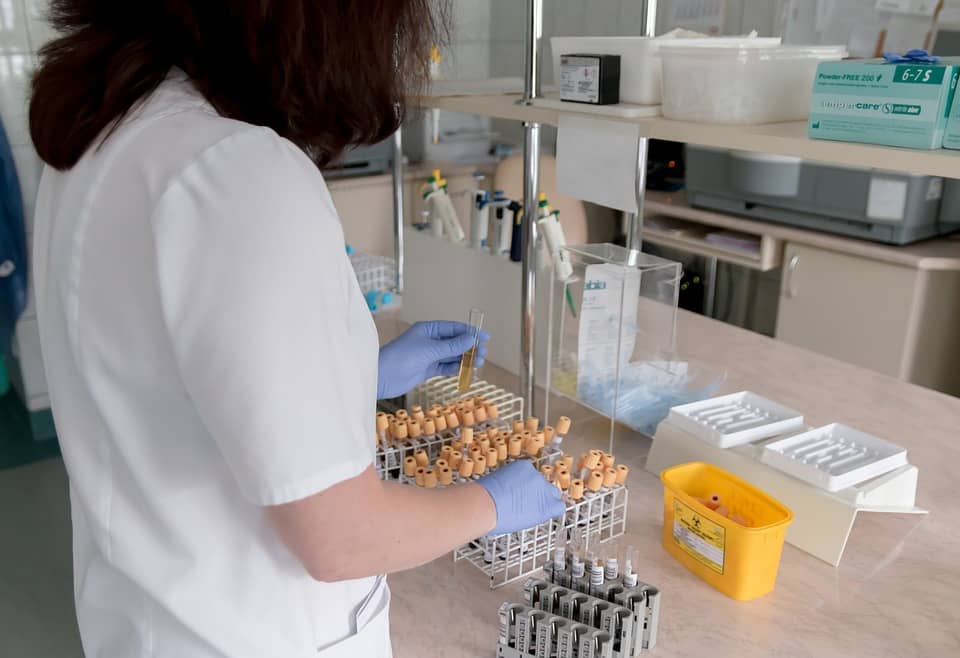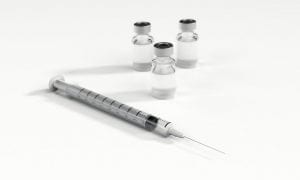In a press release from late November, pharmaceutical company BioCryst Pharmaceuticals, Inc. (“BioCryst”) announced the publication of data from its APeX-J clinical trial in Allergy. During the trial, which was conducted in Japan, researchers evaluated berotralstat for patients with hereditary angioedema (HAE). You can find the full published results here.
Berotralstat
According to Angioedema News, Berotralstat is an orally-administered plasma kallikrein antagonist. Angioedema News notes:
HAE is a rare inherited disease in which defects in the C1 inhibitor, a protein involved in the body’s immune response, lead to excessive production of bradykinin. This inflammatory mediator regulates blood pressure and inflammation by encouraging small blood vessels to dilate (widen).
Since plasma kallikrein is a precursor to bradykinin, berotralstat inhibits it and lowers bradykinin levels. As a result, it reduces HAE flares. In Japan, an estimated 2500 people have HAE. There are no longer-term prophylaxis treatments available. APeX-J is the first placebo-controlled trial relating to HAE therapies taking place in the country and could offer a new therapeutic option to patients in need.
During the APeX-J trial, berotralstat was relatively safe and well-tolerated. Participants received 150mg berotralstat and were examined over a 24-week (5.5 month) period. During this time, the drug significantly reduced HAE attacks in comparison to a placebo. These results mirror those from the APeX-2 clinical trial.
Currently, BioCryst is waiting on a decision from its New Drug Application. If all goes well, the company will receive this decision by the end of the year.
Hereditary Angioedema (HAE)
Hereditary angioedema is inherited in an autosomal dominant pattern, meaning patients must only inherit one mutated gene to develop this condition. HAE is aptly named; angio relates to blood vessels, and edema is swelling caused by excess fluid accumulation. Thus, people with HAE experience recurrent attacks of unexplained subcutaneous swelling. While some of these attacks are not caused by triggers, potential triggers include smoking, injury, stress, hormonal fluctuations. Generally, females with HAE are more symptomatic than males.
Symptoms and characteristics include:
- Eyes swollen shut
- Extreme lip, eyelid, and cheek inflammation
- Abdominal distension
- Nausea and vomiting
- Abdominal pain
- Larynx, esophagus, and trachea swelling
- Difficulty breathing
- Swelling of the arms, hands, legs, and toes to 2x+ the normal size







